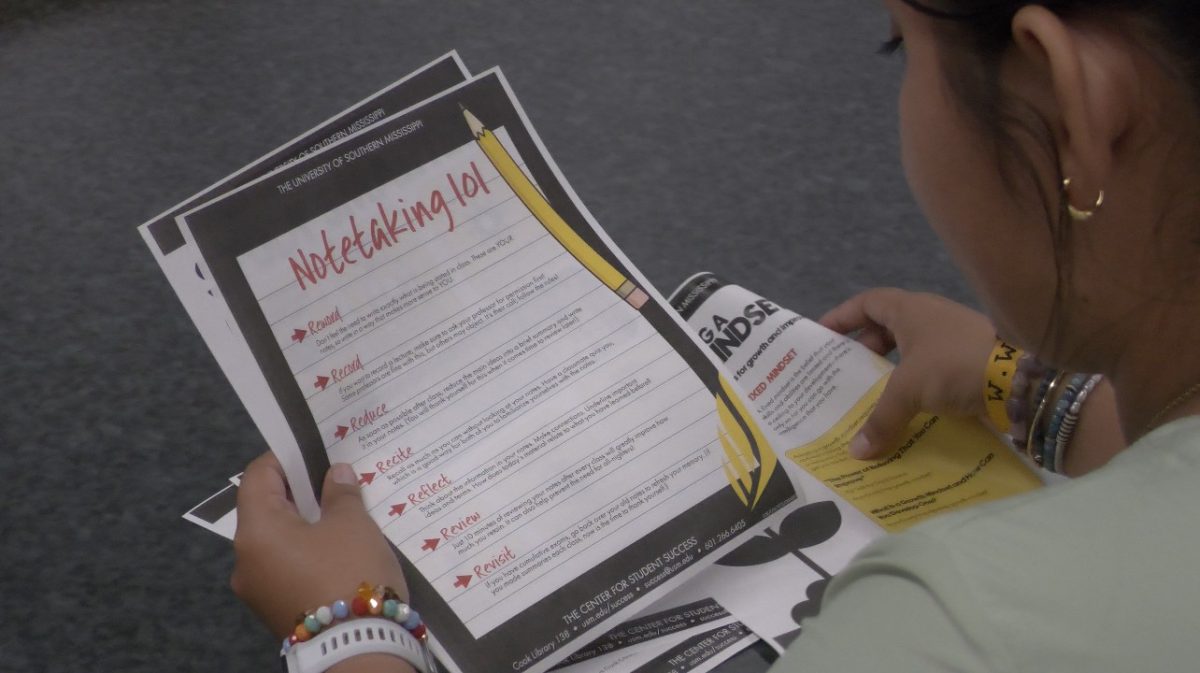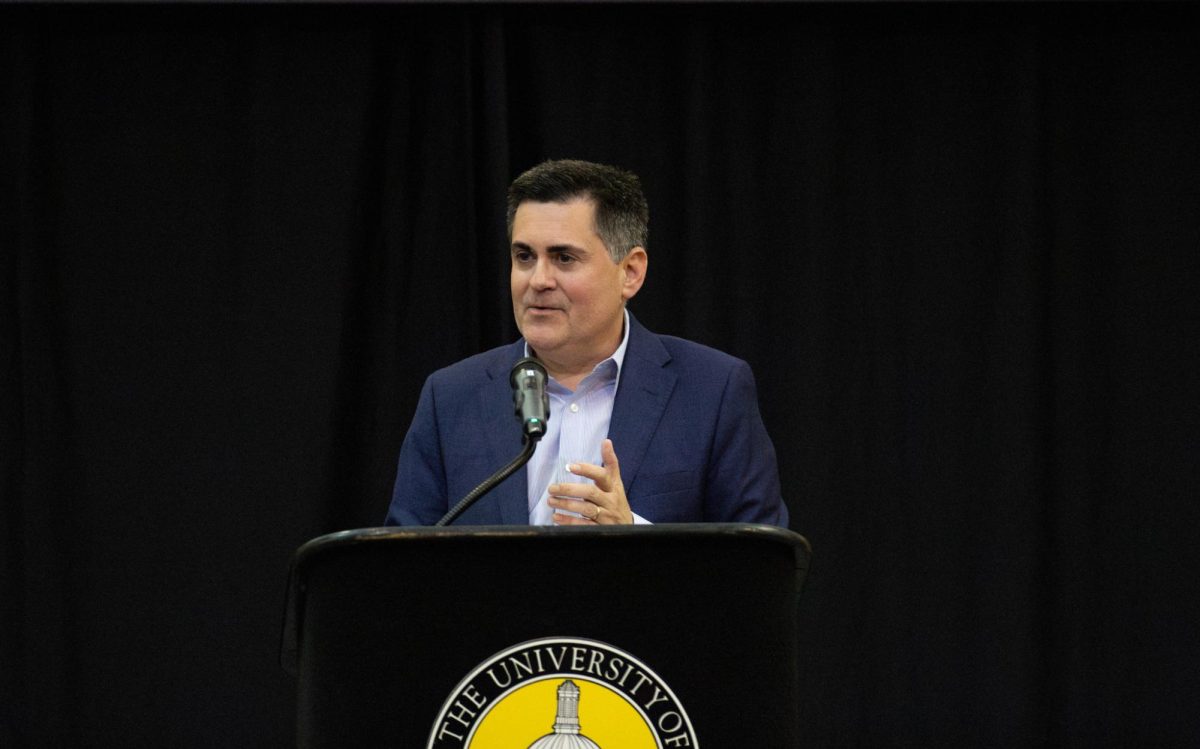After a year of shorter semesters and longer class times, Southern Miss announced plans to readjust the academic calendar again in the spring of 2020.
The decision to revise the academic calendar after only three semesters with the current calendar comes following an overarching opinion from students and faculty that classes are too long and the shorter semesters feel too rushed.
The 2018-2019 academic calendar was about two weeks shorter per semester than the prior year. The shorter semester caused classes that met twice a week to increase from 75 minutes to 90 minutes to maintain the same amount of class time. The schedule also allowed for three intersession options per year.
“Because it was the first year with the new schedule, at the end of the year, we assessed its impact, not only in terms of student grades and persistence but student and faculty experiences,” Executive Vice Provost for Academic Affairs Amy Chasteen Miller said.
For the 2018-2019 calendar, Miller provided rates of students who did not complete key classes with a grade of C or better.
“There was a very slight overall decrease in that rate; looking at individual classes, we saw somewhere the rate of C or better increased and others where it decreased,” Miller said through email. “Overall, the change was not dramatic.”
Looking specifically at withdrawal rates, about 5% fewer students received Ws in one or more classes than the year prior.
To assess the calendar’s impact, the Academic Scheduling and Calendar Committee of the Student Government Association surveyed undergraduate students, and the Office of the Provost surveyed faculty and graduate students.
Junior psychology and Spanish major and SGA senator Olivia LeBlanc was a part of the team that helped with this project.
“Many of the students expressed that they were more stressed with the condensed calendar and lack of a lunch period. We hope that some of the changes made will relieve some of this stress,” LeBlanc said. “I expect the changes are going to offer more options for students who were not benefitting from the extended classes and that the few extra days in the semester will give students more time to do their best work.”
In addition to the surveys, the Office of the Provost also held a week-long scheduling summit at the end of the spring term to listen to people’s views about the 2018-2019 schedule.
“[We wanted to know] what they liked and didn’t like, and what they thought would be ideal,” Miller said. “What we found was that although there were some differences among people in the length of the semester they preferred, there were also a lot of similarities in what people thought.”
The changes that will begin in spring 2020 will give more “breathing room” for class workload, according to Miller.
The spring semester will increase by a total of nine class days, and there will be a “common hour” each day from 12:15 p.m. to 1 p.m. during which no classes will be scheduled. Classes that meet two days per week will return to a length of 75 minutes rather than 90 minutes, and night classes will run from 6 p.m. to 9 p.m. rather than the current 6:30 p.m. to 9:45 p.m.
“To accommodate the longer term, we will no longer have the May intersession, but we believe that the positive changes to the regular semester are well worth it,” Miller said.
Alongside Miller, Vice President for Student Affairs Dee Dee Anderson praised the new academic calendar.
“By adjusting the schedule for students, the university is providing students with an opportunity to be more successful in their classes,” Anderson said. “The changes were made based on a lot of faculty, staff and student input and were very thoughtful and purposefully centered around academic success for students.”
































